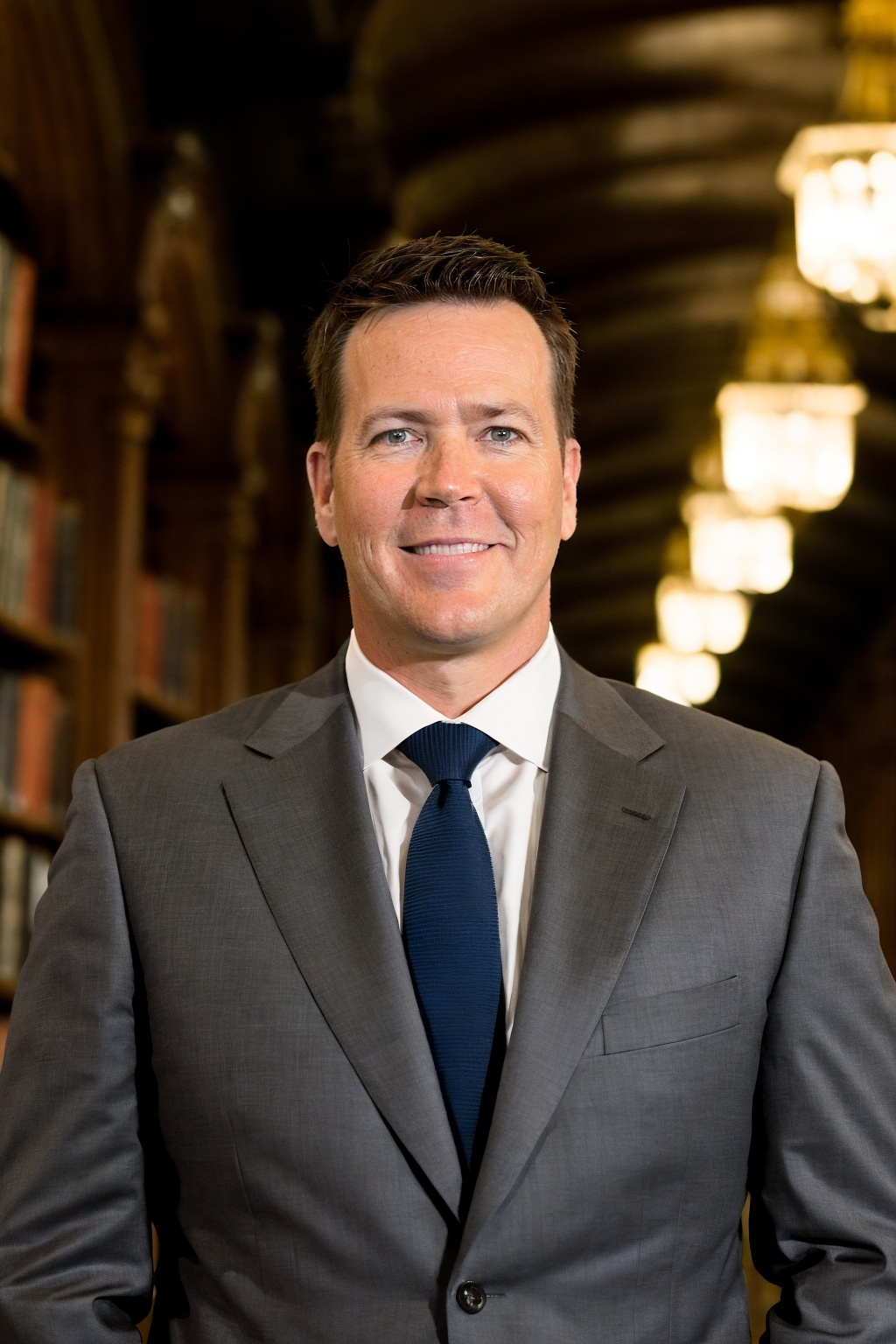My View: How are you doing, really?


One question. One question was all it took to eliminate a stigma.
Up until 2023, Texas dentists looking to renew their licenses had to check yes or no on a series of “have you ever” questions dealing with treatment for depression and substance abuse disorder. Check the “yes” box, and the stigma was there.
As chair of licensing for the Texas State Board of Dental Examiners, I can proudly report that this is no longer the case. Applications now include the following question, which is consistent with recommended language from the Federation of State Medical Boards that addresses current impairment: “Are you currently suffering from any condition for which you are not being appropriately treated that impairs your judgment or that would otherwise adversely affect your ability to practice in a competent, ethical and professional manner?”
Shortly after our change, one of my friends told me that he was finally able to get help for alcohol use disorder and suicidal ideations because he would no longer need to check the yes box on the renewal form.
The Texas State Board of Dental Examiners was the first state board of dentistry to be recognized by the Dr. Lorna Breen Heroes' Foundation as a Wellbeing First Champion. The foundation, which was started by the family of an emergency room doctor who died by suicide in 2020 during the COVID-19 pandemic, champions licensure and credentialing reform for physicians and other health care providers.
As a Texan and as a dentist, I’m proud of the change we implemented. But nationwide, we need to do better.
According to the ADA Well-Being Index, 56% of dentists report feeling distressed or struggling. This year, we have a unique opportunity with ADA President Brett Kessler, D.D.S., who has been in recovery for substance use disorder for 26 years. Let’s make change happen, together.
I encourage my fellow state board members nationwide to evaluate their approach to mental health. Collaboration between organized dentistry, regulators, educators and clinicians is essential to addressing this issue. I am thankful that an ADA House of Delegates resolution put forth efforts to help promote change.
Dr. Kessler recently spoke to the American Association of Dental Boards, urging board members to be part of the solution. He highlighted how vague, stigmatizing “have you ever” mental health questions prevent providers from seeking care. "I was afforded the opportunity to get help with dignity," he said. We must ensure others have the same opportunity. Data shows that removing these questions, as we’ve done in Texas, supports providers without compromising safety. This is an opportunity for regulators to be proactive and work with stakeholders toward a positive change.
The stress on dentists has only increased since the pandemic, with new challenges in patient care, financial stability, and navigating new safety protocols. It is essential that we prioritize self-care — whether it’s by taking vacations, focusing on our health, or simply taking time for ourselves. Without this balance, the risk to our mental and physical well-being rises.
Past ADA President George Shepley, D.D.S., stated on my podcast Between Two Teeth, “We need to put the oxygen on ourselves so we can care for our patients.” As a regulator, I witness the consequences when self-care is neglected. Now is the time to prioritize both public and licensee safety by being proactive, not reactive.
We’ve been aware of provider stress and mental health challenges for decades — it’s time to act. Dental associations must move beyond lip service, and regulators need to re-evaluate how we approach mental health. Data from the Well Being Index shows that well-being issues often correlate with an increase in dental errors, underscoring the need to protect both the public and our providers. Four states, including Texas, have achieved reform, and efforts are underway in four other states. A resource toolkit is available for interested state dental associations, state boards, credentialing organizations and individual dental providers to remove stigmatizing questions from licensing and credentialing applications.
To my colleagues, I encourage you to take the Well-Being Index and check in on your peers. When was the last time you asked a colleague how they’re truly doing? Rebuilding trust, communicating openly, and working together is the path to solving this complex problem. Many lives depend on it.
Dr. McNeill is an oral and maxillofacial surgeon in private practice in Garland, Texas. He is the chair of licensing for the Texas State Board of Dental Examiners and a member of the ADA Dental Team Wellness Advisory Committee.



